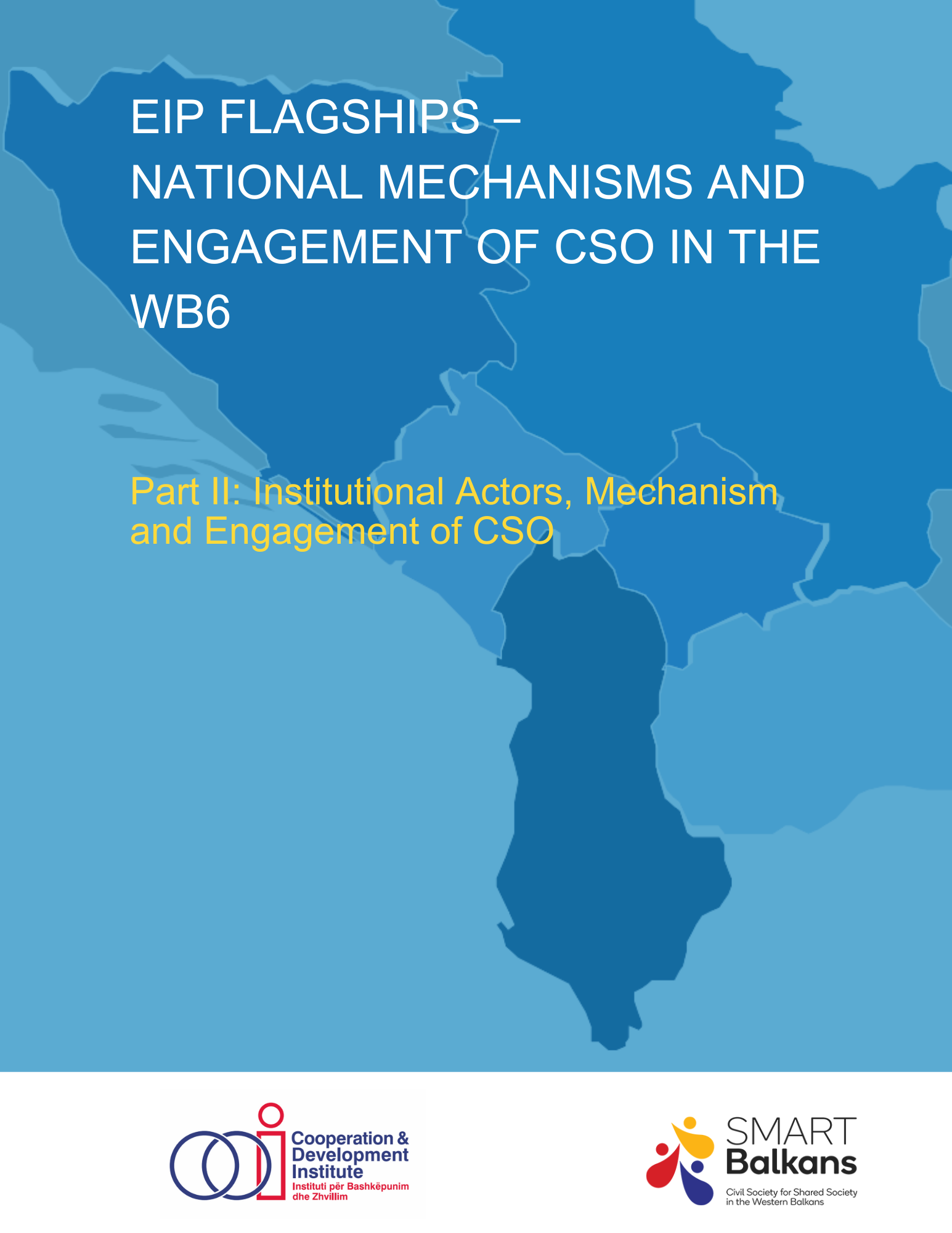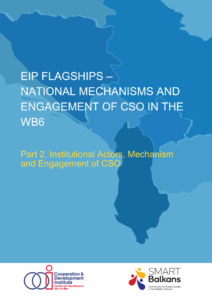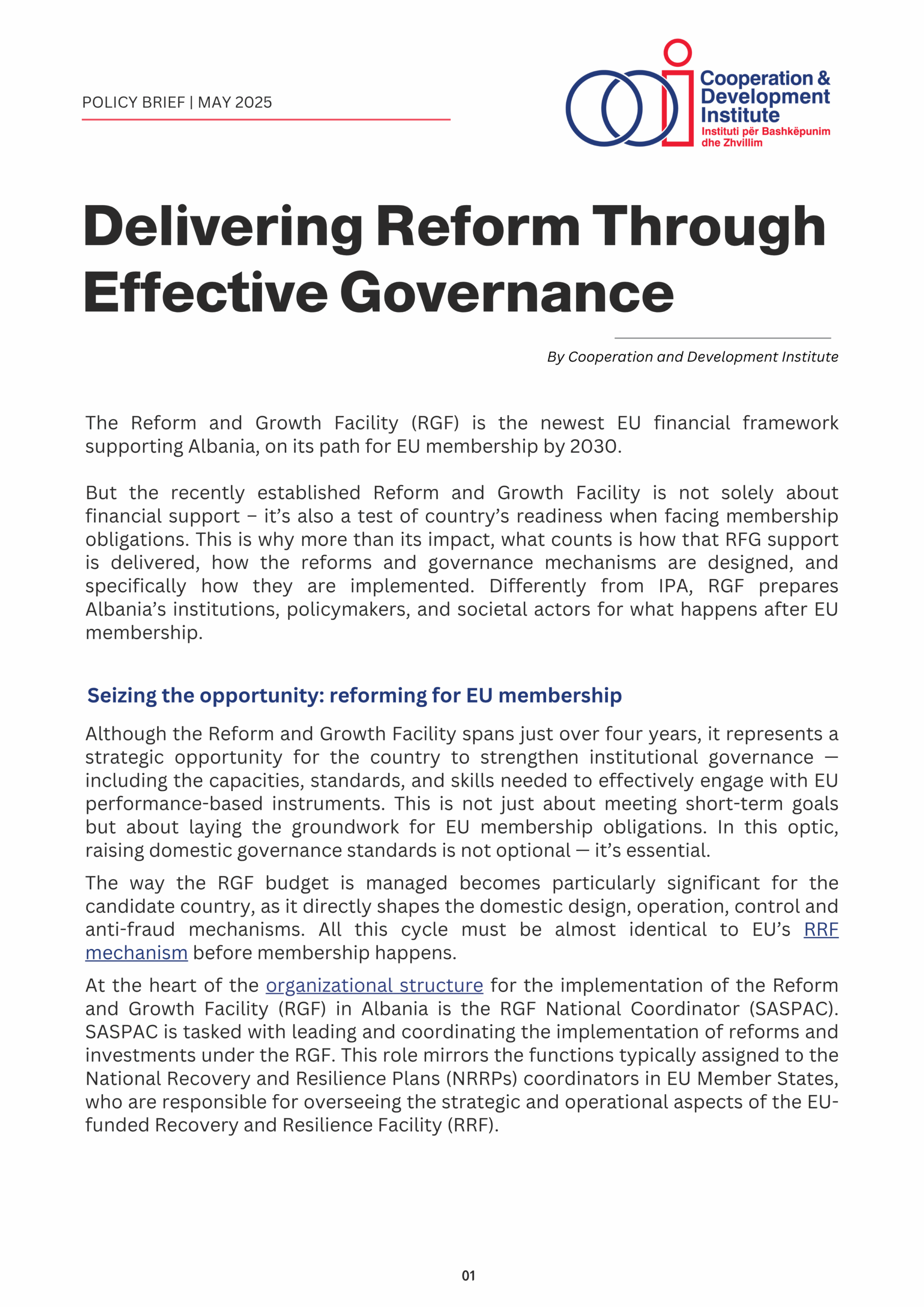National mechanisms and engagement of CSO in the WB6

Update on CRM 4 Mobility Agreements (Montenegro)
December 21, 2023
CDI’s visit to Hamburg: Insights into Port Innovation and Governance
January 12, 2024In the Western Balkans, infrastructure project policies and decision-making procedures are almost identical amongst the six countries as they are adopting EU policies. However, there are specific exceptions in some countries, such as Bosnia and Herzegovina, where political entities affect the process and special laws are in place that allow for by-passing EU-based legislation.
The institutional frameworks designed to oversee infrastructure projects in various countries exhibit a consistent pattern. Each country has a National Investment Committee (NIC), sector working groups (SWG), Single Sector Project Pipelines (SSPP), National Single Project Pipelines (NSPP), donor coordination meetings (DCM), and other related structures. The composition of these institutions may vary slightly based on the level of governance in the country or the strategic significance of the project. Regardless, these mechanisms and institutions collaborate throughout the project cycle, from identification to audit and evaluation.
Yet, the internal workings of national institutions in handling mature projects remain beyond the EU’s direct scrutiny. While ‘reform’ conditions emphasize transparency and accountability, gaps in national competencies during project phases are often supplemented by external technical assistance funded by the EU or involved financial institutions.
With over three decades of experience, WB6 civil society organizations (CSOs) and think tanks possess significant knowledge and expertise applicable across various Project Cycle Management (PCM) phases. Despite limited resources, these entities contribute the voices of WB6 citizens to project dynamics, serving as valuable partners to national institutions, the EU, International Finance Institutions (IFIs), and other project actors involved in WB6 infrastructure investments.
This paper looks at the mechanisms in place (national and regional) and institutions involved at each step of PCM and how SCSO&TT are engaged (or not), what are the entry point and what should be done to increase their impact.
This study has been prepared in the framework of the regional project “Connected We Can: Strengthening WB6 CSO-s agency in Economic and Investment Plan Implementation”, supported by the Norwegian Ministry of Foreign Affairs via SMART Balkans project.





National Parliament and the Reform Agenda 2024-2027
Read more